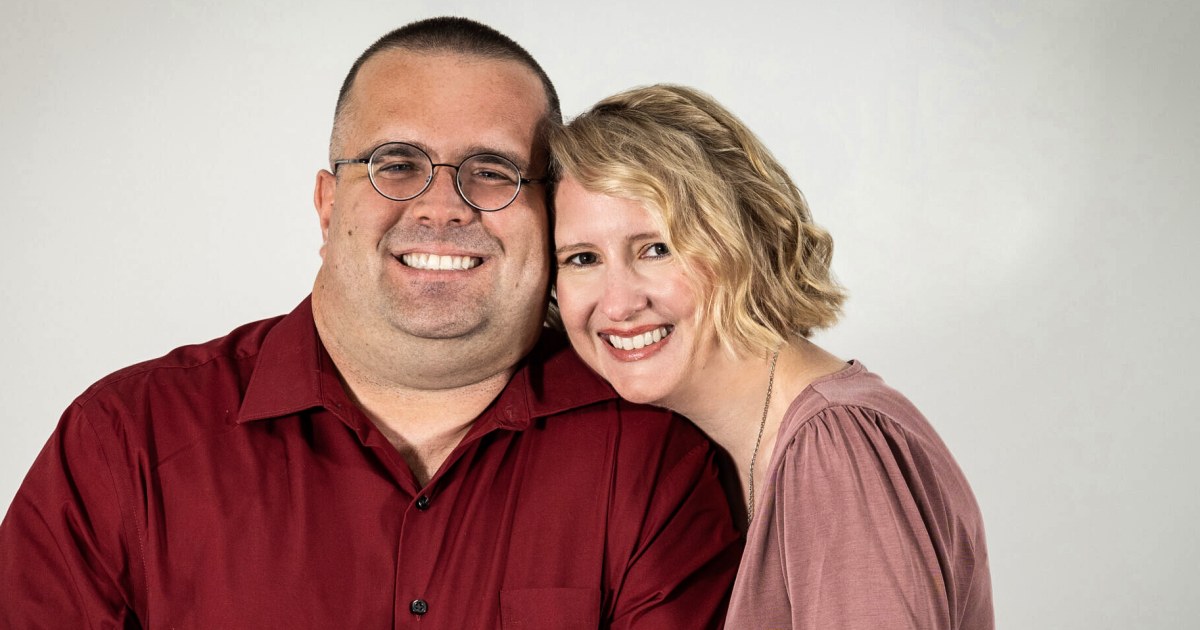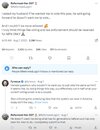- Thread starter
- #251

Massachusetts couple denied foster care application over LGBTQ views, complaint says
Michael and Catherine Burke allege that the state’s Department of Children and Families discriminated against them for their Catholic viewpoints.









